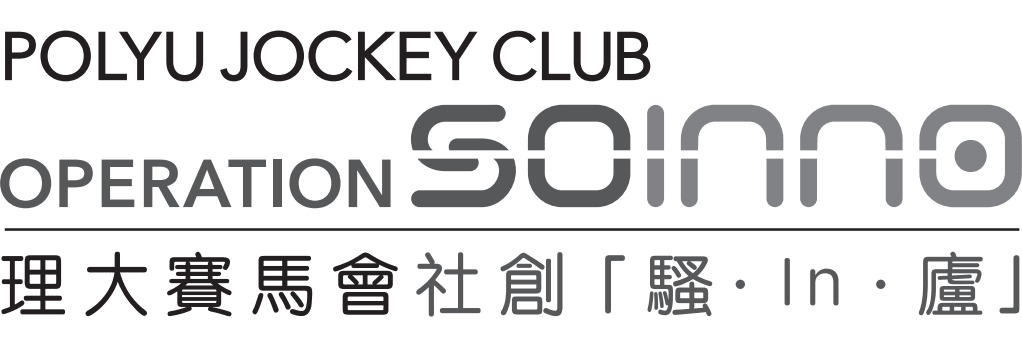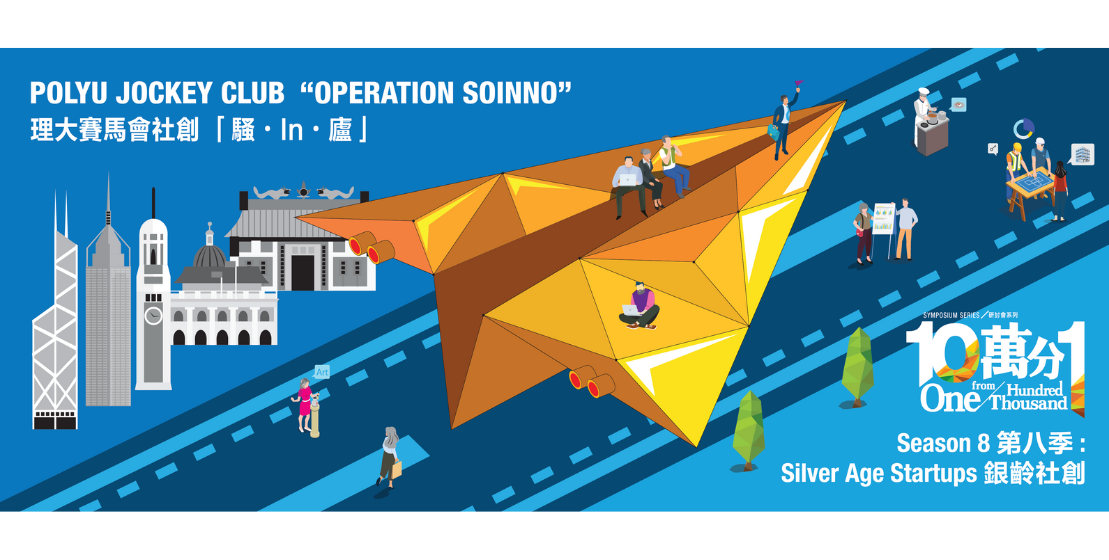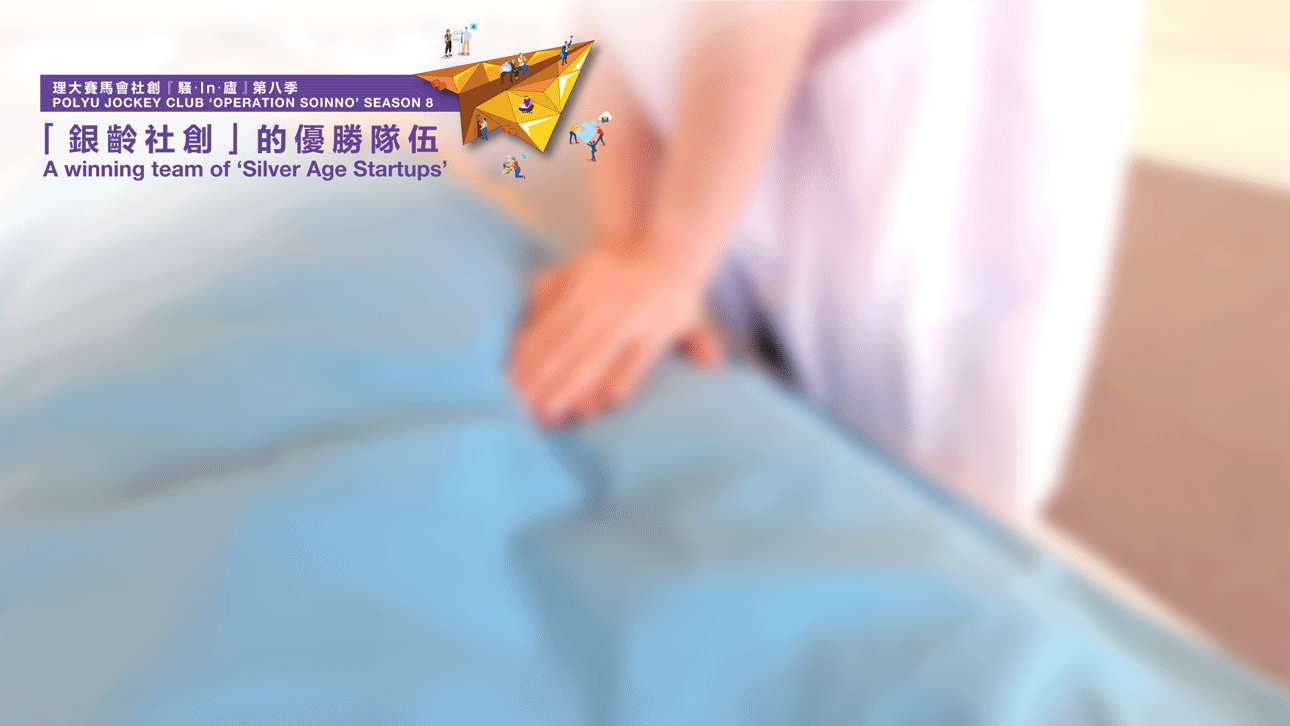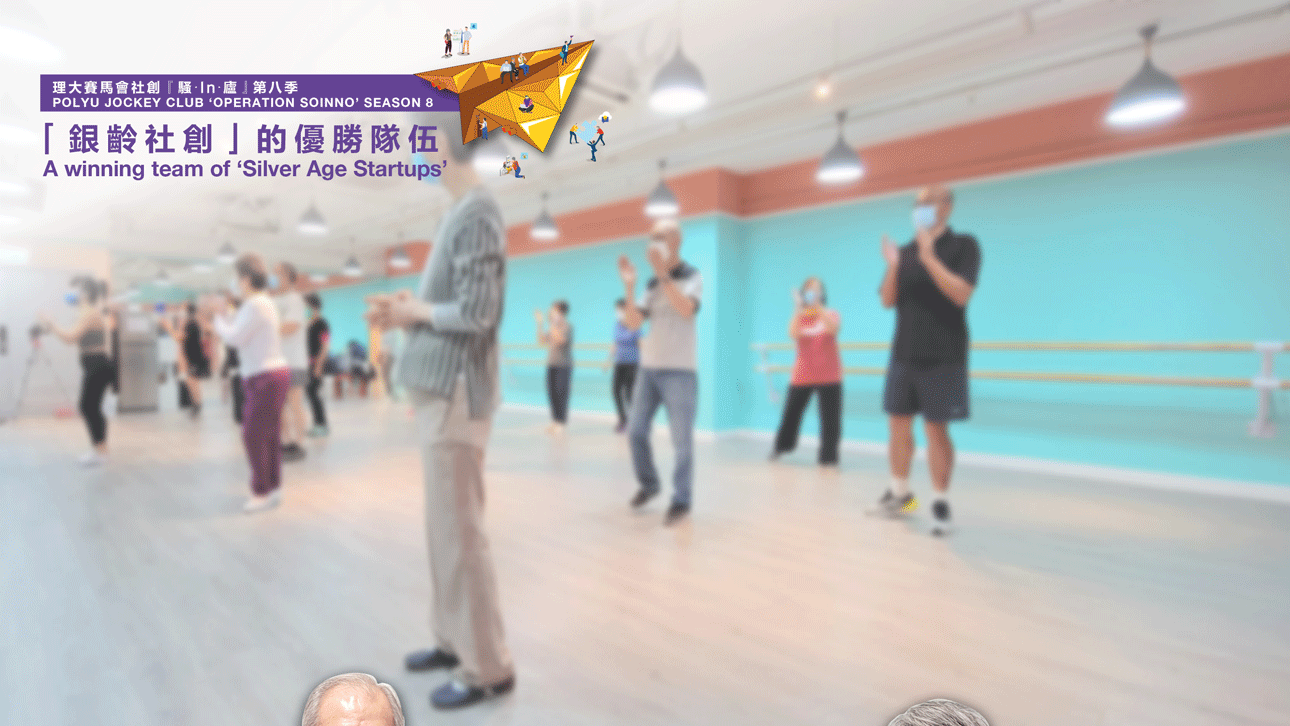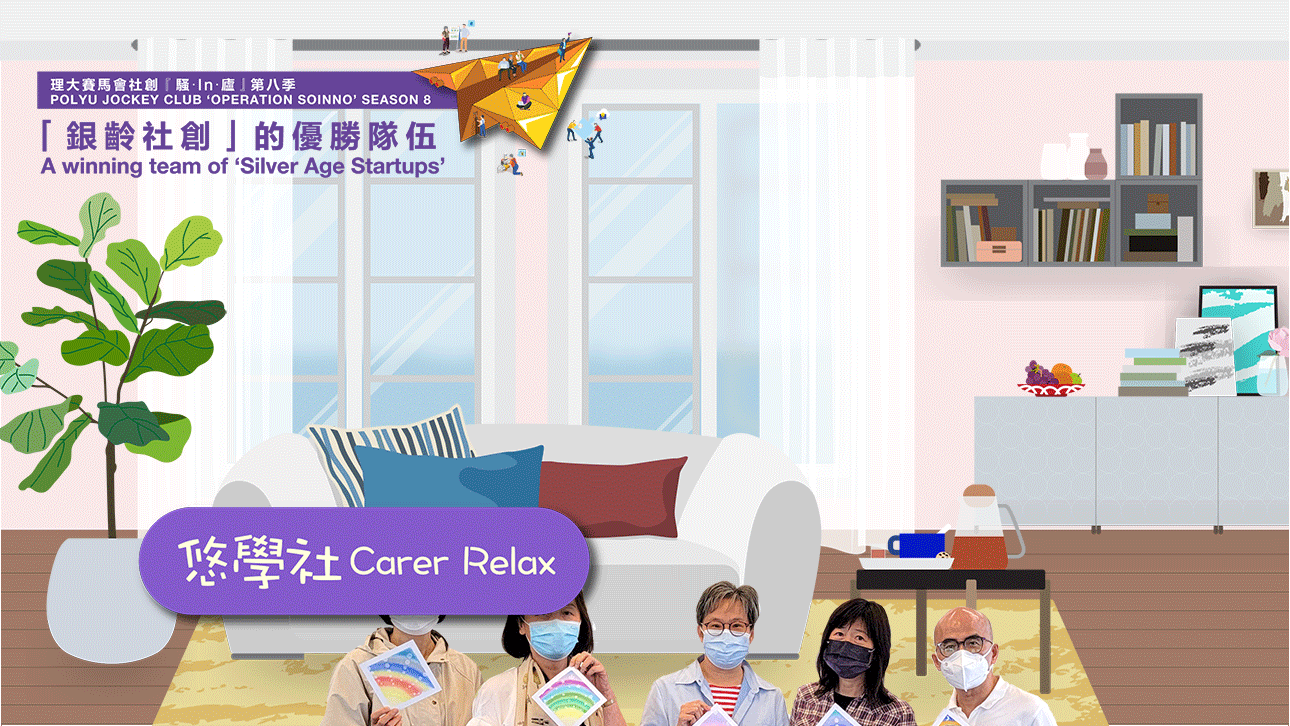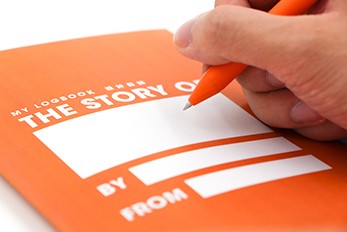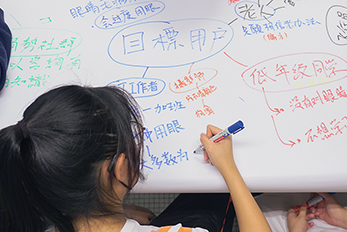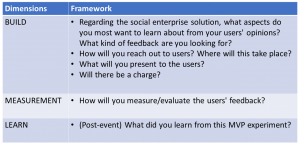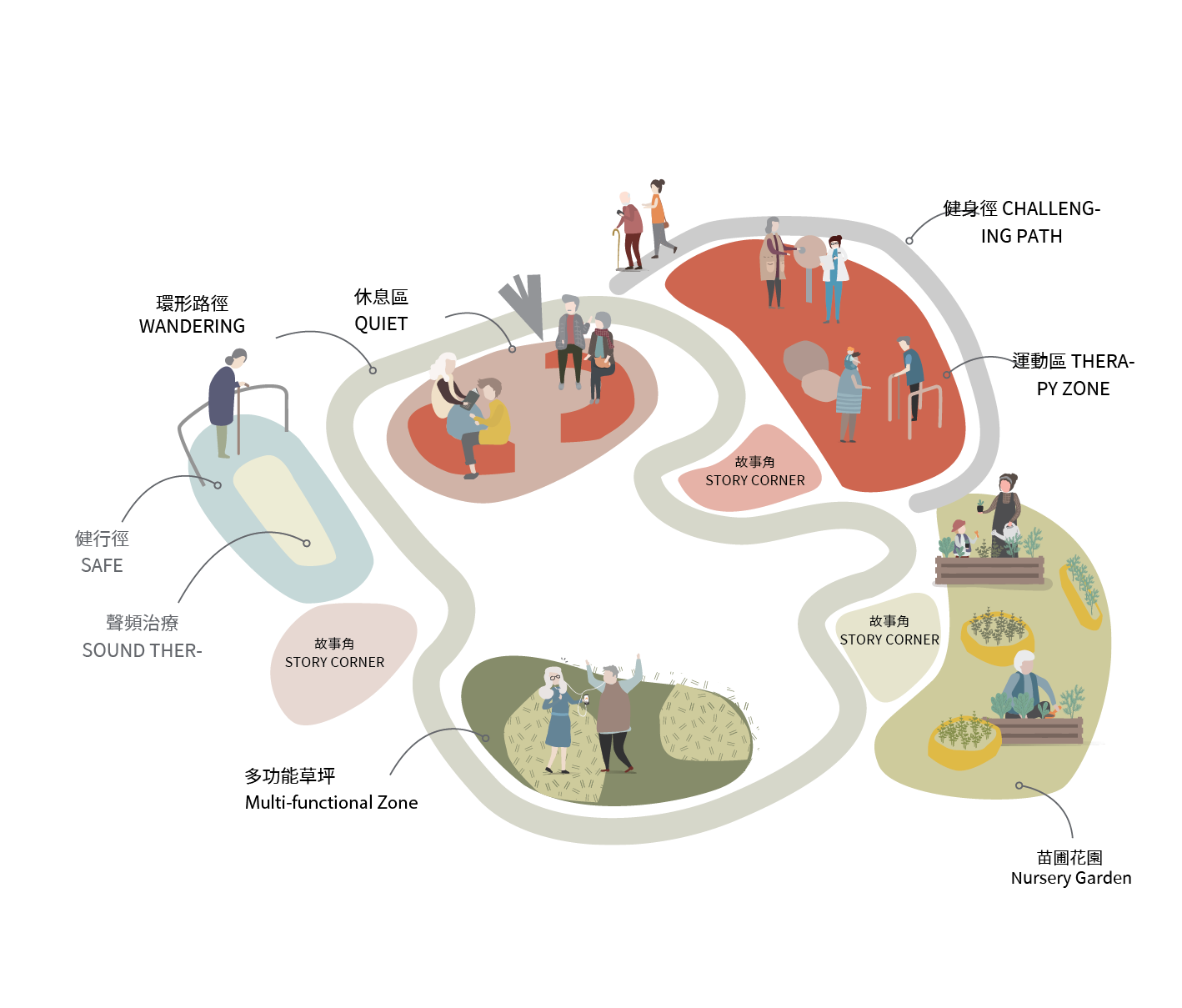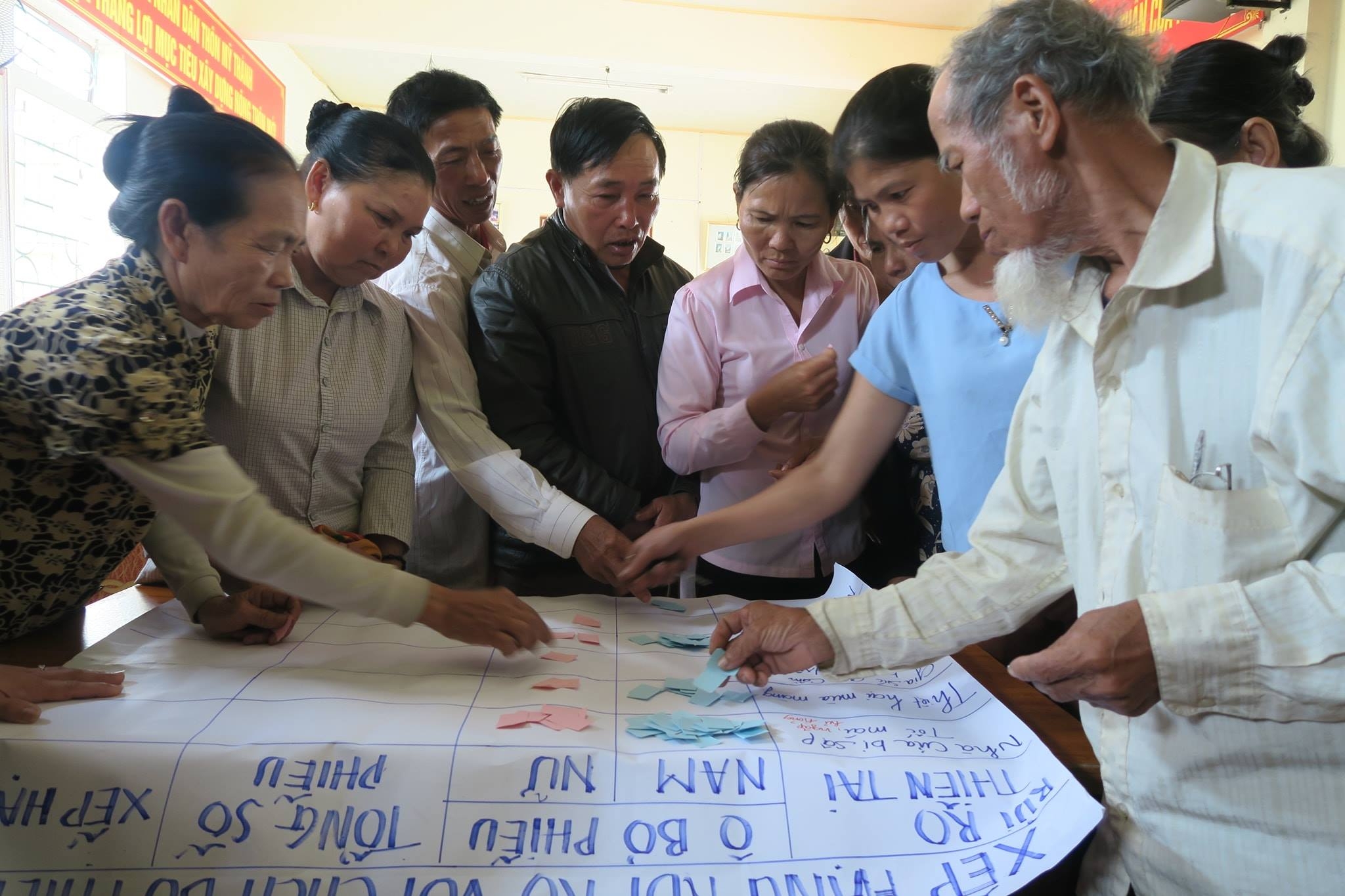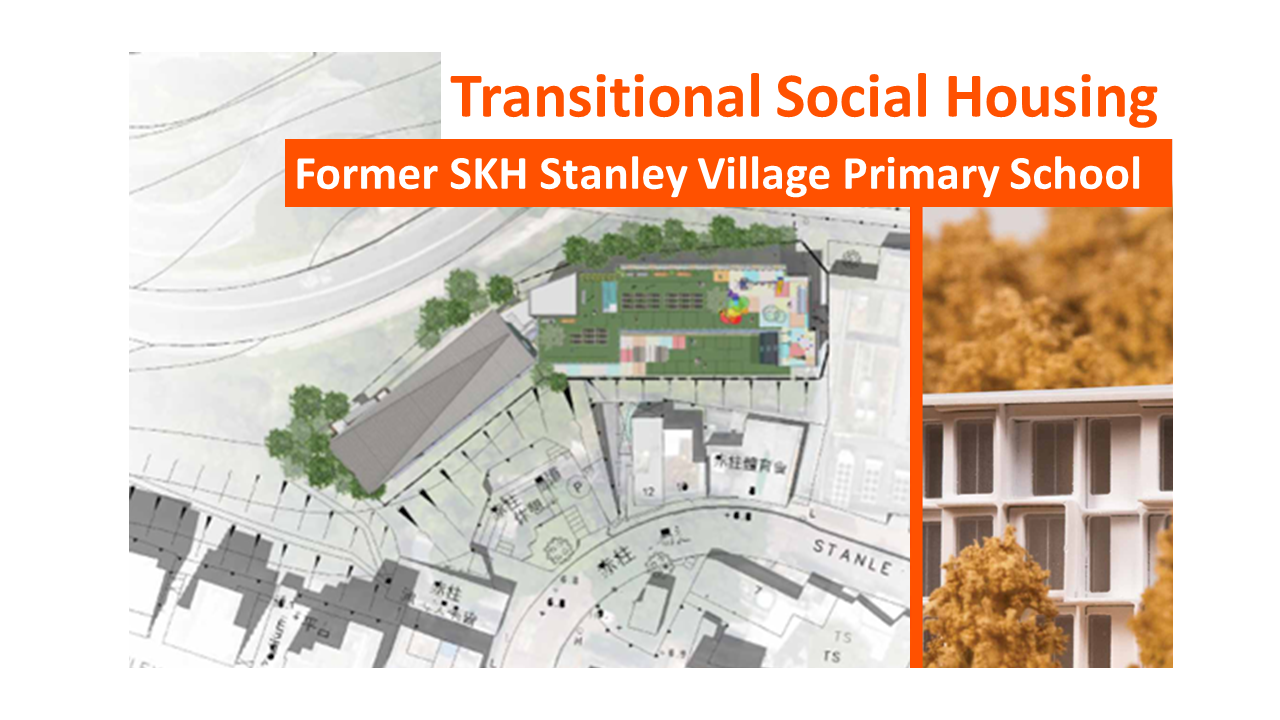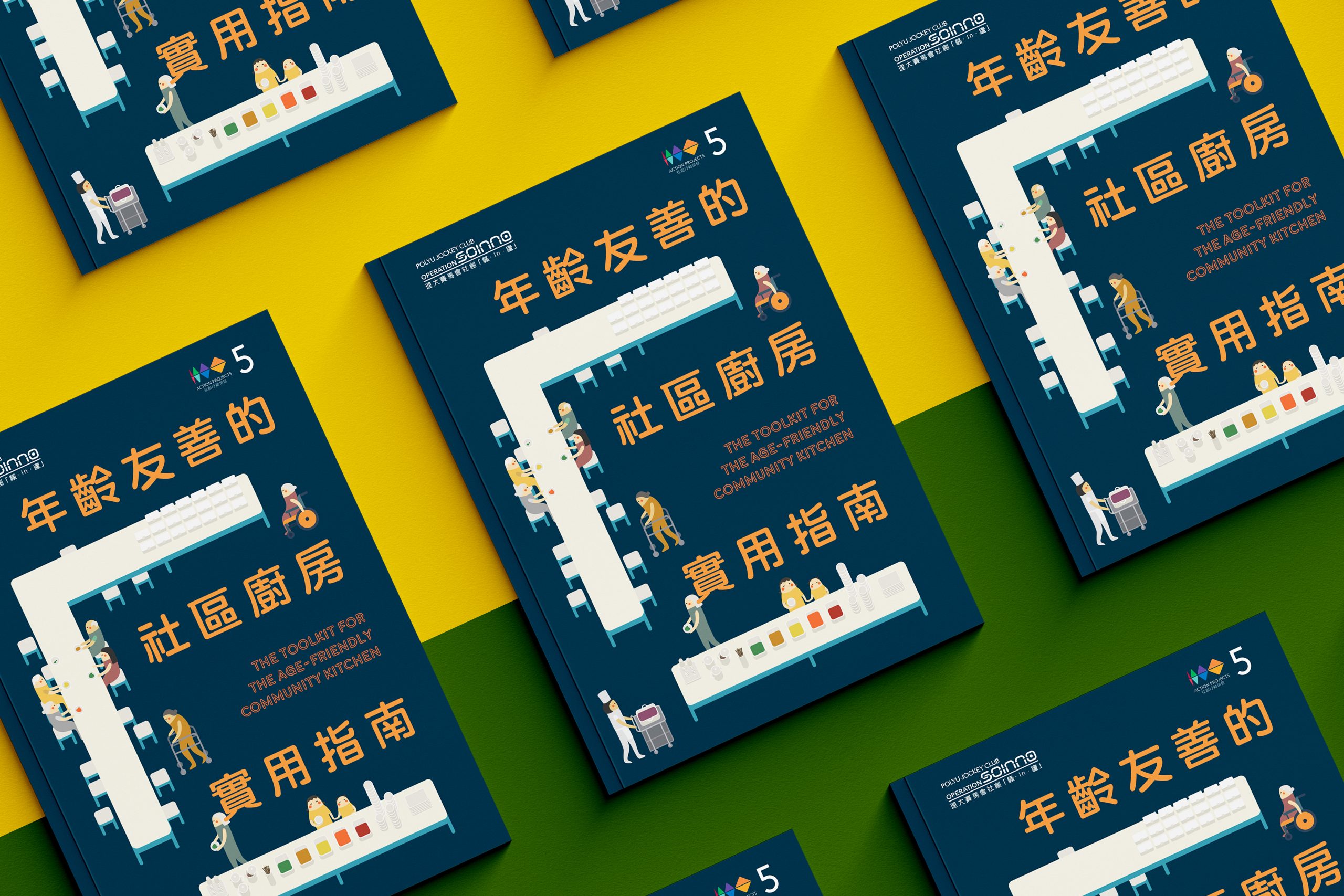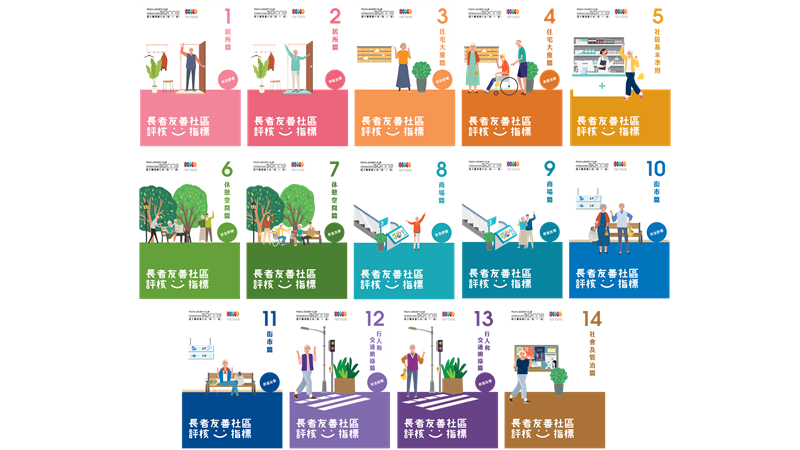Overview
As global ageing intensifies, leveraging the silver-aged workforce has become a significant topic of interest. Many silver-aged people who have reached their retirement age (i.e., persons aged 50 or above) (note [1]) are still energetic and wish to continue to work, either through employment or entrepreneurial endeavours. “Silver Age Startups” has emerged as a trend in numerous countries because it can rebuild the value of working seniors, reversing the misconception that advancing age equates to decline. This new trend promotes continued learning and reemployment and encourages entrepreneurship among senior citizens, enabling them to establish autonomy and dignity in their work.
In light of these considerations, the Jockey Club Design Institute for Social Innovation (J.C.DISI) of The Hong Kong Polytechnic University kickstarted the “Silver Age Startups” programme (hereafter “the Programme”) in September 2020. The programme aimed to integrate the core principles of “lean startup” and “design thinking” methodologies while embracing the spirit of experimentation and “trial and error” to assess the actual demand and feasibility of a social innovation solution. The programme publicly recruited “startup novices” aged 50 or above. Through guided team building, project ideation, proof of concept and social innovation training, the silver-aged participants were enabled to actualise their entrepreneurial aspirations.

Outcomes
The project nurtured seven social innovation teams comprising 32 entrepreneurs aged 50 or above. Most participants lacked prior business experience, although they possessed considerable life and work experience. Through training seminars and workshops, J.C.DISI allowed the participants to learn and experiment with social entrepreneurship in the context of a social innovation project. Ultimately, all seven social innovation teams successfully presented their social enterprise ideas and experimental results to the judging panel on 28 November 2020. Among them, three social innovation teams received the pre-set startup fund of HKD 50,000 from J.C.DISI and proceeded with a six-month social entrepreneurship project trial and implementation. As of 2024, two of these winning teams, which senior entrepreneurs lead, are still operating.
The objective of the “Silver Age Startups” programme was to enable elderly individuals to use their expertise and contribute to society by establishing new social enterprise projects, thereby maintaining their economic independence and sense of social participation.
Process
Inspiration
The J.C.DISI project team found that public policies and non-governmental organisations in Hong Kong often explore the concept of “active ageing” through services related to physical fitness or social recreational activities, but there is little support for entrepreneurship among the elderly. The ageing population in Hong Kong is an irreversible trend, with older adults aged 50 to 74 increasing from 32% to 34.2% of the total population in just four years from 2015 to 2019. A notable characteristic of modern elderly individuals in Hong Kong is their relatively high level of education. However, compared to their global peers (note [2]), their entrepreneurship rate is lower, indicating that entrepreneurship among the elderly is not yet widespread in Hong Kong.
Although elderly individuals are often energetic after retirement, they frequently lack appropriate entrepreneurial support and resources (note [3]). Inspired by this, J.C.DISI focused its eighth season on the theme of “Silver Age Startups,” exploring the potential for social entrepreneurship among the elderly and encouraging them to remain active after retirement. J.C.DISI experimented with entrepreneurship among the elderly to promote an atmosphere of active ageing in Hong Kong.
Ideation
During the ideation phase, the J.C.DISI team proposed a comprehensive support plan that included various solutions such as entrepreneurship training, funding and technical support. Considering the absence of a comprehensive set of measures to support senior entrepreneurship, J.C.DISI ultimately decided to combine all independent solutions into a series of support measures covering everything from training to funding and technology, providing all-around support for elderly entrepreneurs.
Implementation
The complete set of entrepreneurial support measures for elderly entrepreneurs includes activities such as social entrepreneurship lectures and co-creation workshops, which impart entrepreneurial skills and professional knowledge and focus on using design thinking to design and improve products. Through stakeholder interviews, J.C.DISI discovered common issues elderly entrepreneurs face, including insufficient funding and a lack of foundational social entrepreneurship theory and technology. Therefore, they tailored a systematic entrepreneurship training program, inviting successful entrepreneurs to share their experiences and inviting lawyers and entrepreneurship consultants to explain essential knowledge for social enterprises. Finally, they invited various entrepreneurship and charitable foundations to form a judging panel, which selected the three most promising elderly social innovation projects to award a startup fund of HKD 50,000.
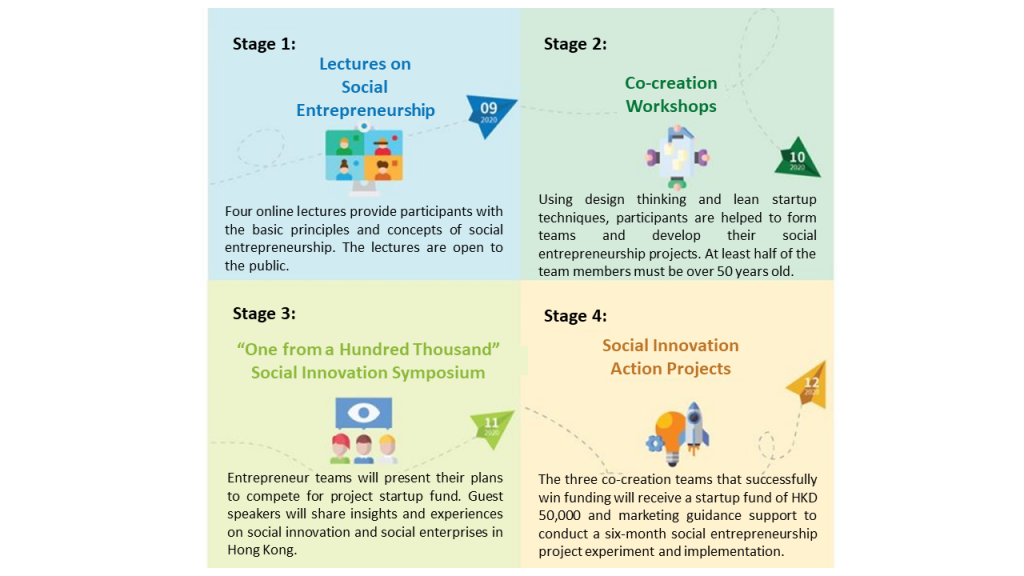
Stage 1, September 2020
Lectures on social entrepreneurship. Elderly participants were provided with the necessary fundamental theoretical knowledge for Silver Age Startup, including business directions, risk management, funding identification, etc.
Stage 2, October 2020
Co-creation workshops. It involved elderly teams of 4 to 5 people learning design thinking tools together and applying what they have learned to determine the direction of social innovation projects. For example:
- The RWW (Real-Win-Worth) model refers to actual needs, competitive products, and worthwhile entrepreneurial opportunities.
- Minimum Viable Product (MVP)

Stage 3, November 2020
“One from Hundred Thousand” Social Innovation Symposium. Teams presented their projects and competed for initial funding.

Stage 4, December 2020 – May 2021
The winning teams received funding to conduct experimental implementation for their social innovation action projects in six months.
MassageXercise Pain Relief: Combining massage techniques and exercise to address pain at its source and teach related exercises.
DanzUp: Organising fall prevention dance training classes for young seniors to strengthen the spine, leg muscles, and joints, and improve body balance.
Care Relax: Providing in-home or online hobby classes for caregivers of family members with mobility issues, allowing caregivers and their families to enjoy learning from the comfort of their homes.
